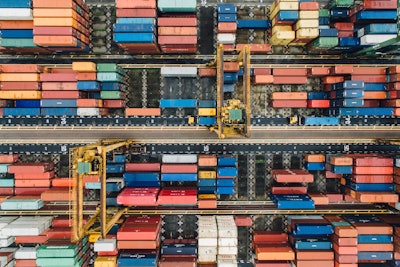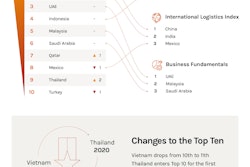
Global business to business transactions have dropped by 62% in the past week (w/c March 8, 2020) according to the latest data from Tradeshift, the leader in supply chain payments and marketplaces.
Analysis across the Tradeshift platform, which handles trade transactions between over 1.5 million businesses in 190 countries, found cross border transactions between businesses have fallen by 58% week on week, while domestic transactions have dropped 66% during the same period.
“Every conversation I’m having with businesses right now centers on cash flow. Companies are looking at how they can keep cash on their books to see them through the current period. But they’re also acutely aware that suppliers are facing the same liquidity challenges. If cash dries up across the supply chain, we could see a lot of smaller businesses start to fold. It’s a balancing act. Get it wrong and the whole house of cards could come down," says Christian Lanng, CEO, Tradeshift.
The findings mirror the pattern observed in China during the height of the outbreak across the region. Tradeshift’s data analytics team found cross border and domestic trade activity in China fell by 56% in the week commencing February 16th.
The scale of the slowdown is having a significant impact on liquidity, with an increasing number of large organisations saying they are looking at ways to build or maintain cash reserves. Tradeshift is actively working with customers to advise on measures to ease liquidity pressures and get working capital flowing through the supply chain.
“Large organisations I’m talking to recognise the importance of keeping supply chains solvent right now. Governments have been proactive in introducing measures to try to ease the pressure. But we can’t afford to leave any stone unturned. There is $1.5 trillion in liquidity sitting trapped and doing nothing in accounts receivable as a result of archaic payment practices and the digital disconnect between large business buyers and their suppliers. If ever there was a time to take a serious look at how we unlock that capital and make it accessible to every business across the supply chain, it is now,” says Lanng.


















